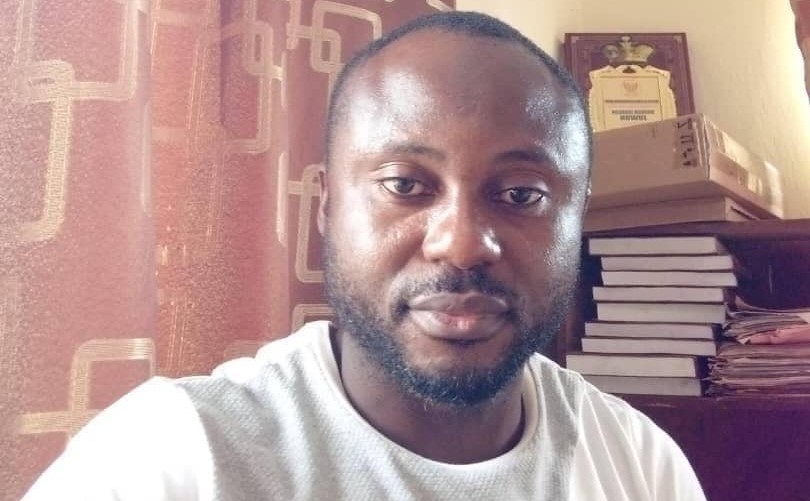An Open Appeal To Our Elected Representatives And Leaders From Kogi East
KOGI East is bleeding, and our roads have become its arteries of fear. What should be pathways of trade, social interaction, and economic growth have degenerated into terrifying corridors where kidnappers lurk in the shadows of unchecked vegetation. The once vibrant highways that connect our people are now highways of horror.
I write not from hearsay, not from statistics, but from lived experience. I, too, have been a victim of kidnapping on these very roads. I have looked into the faces of armed men who use our overgrown bushes as shields, and I have felt the helplessness of being preyed upon in a land I call home.
Today, I write again, this time directly to our Senators, Honourable Members, and respected leaders from Kogi East not as a politician, but as a citizen whose scars demand action.
The truth is simple yet frightening: the thick, unkempt bushes lining our major roads have become perfect hiding spots for criminals. They give kidnappers the cover they need to ambush vehicles, drag passengers into the forests, and subject them to unspeakable ordeals. Every traveler along the Idah–Anyigba, Ankpa–Abejukolo, and Lokoja–Itobe roads knows this fear. Yet, nothing concrete has been done.
A simple act, clearing these bushes could reduce the risks dramatically. This is not rocket science. It is basic public safety. To ignore it is to gamble with lives.
Equally troubling is the misplacement of our security resources. While kidnappers operate with impunity in forested hotspots, military and security checkpoints remain clustered within towns, far from the danger zones. What sense does it make to see naval checkpoints mounted in urban centers while bandits control our highways? A checkpoint in the wrong place is little more than a photo opportunity; it neither deters criminals nor protects lives.
We need a strategic redeployment of these checkpoints to the actual flashpoints. If our leaders cannot demand that, then what value does their representation hold for us?
Kogi East has been left to fend for itself for too long. Our people whisper their fears before embarking on journeys, mothers weep as children travel to schools, and traders risk their lives to keep businesses alive. Yet, leadership responses have been limited to empty promises, half-hearted statements, and bureaucratic excuses.
Distinguished Senators, Honourable Members, we are not asking for the impossible. We are asking for leadership that listens, leadership that acts. We are asking for the clearing of bushes, the relocation of checkpoints, and a visible demonstration that our lives matter as much as the votes we gave you.
This is not about politics. This is not about which party you belong to or which office you hold. It is about life and death. It is about dignity and security. It is about ensuring that the farmer can bring his produce to the market, that the student can return home from school safely, that the trader can reach her destination without fear of abduction.
If we cannot guarantee safe passage along our roads, then what is the essence of governance?
Roads are meant to connect people, foster development, and open up opportunities. But in Kogi East, our roads have been weaponized against us. They have become dividing lines between the fortunate who make it to their destinations and the unfortunate who are whisked into the forests. This is a betrayal of the very essence of leadership.
This appeal is not another letter to be filed away or ignored. It is a desperate cry for immediate, visible, and sustained action. Clear the bushes. Redeploy the checkpoints. Engage communities. Mobilize security. Show us that our lives matter more than political slogans.
Kogi East has suffered enough. Every delay is another abduction waiting to happen, another family thrown into grief, another life scarred forever. Distinguished leaders, history will judge you not by the number of motions you raised in Abuja, but by the lives you protected at home.
We are counting on you. Do not fail us.
- Isa, Ph.D, is a concerned citizen, victim, and road user.







